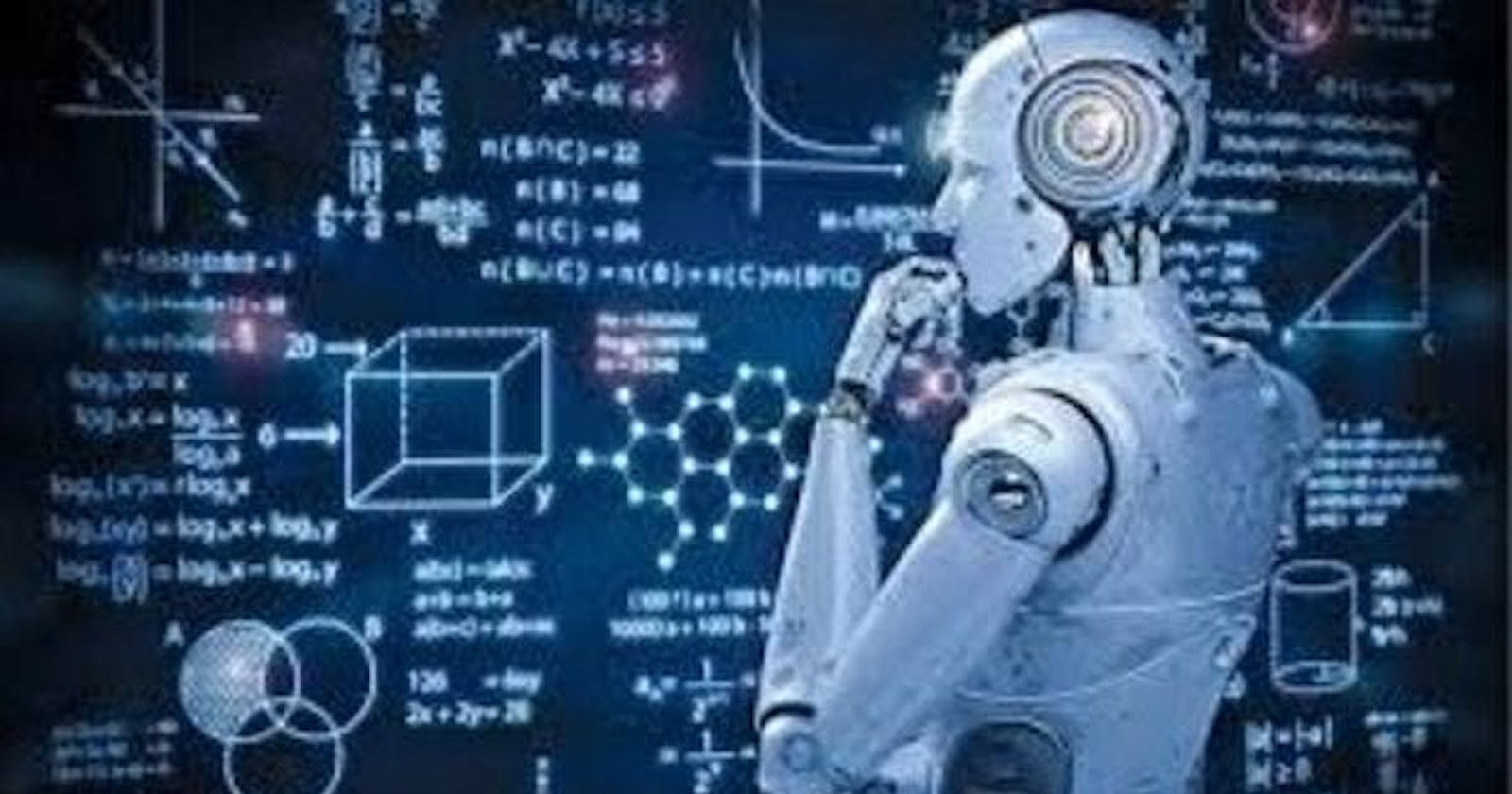Education is much more than what most people understand it to be; it goes beyond getting certifications or reading a book. According to UNESCO, not only should everyone have access to education, but it should also be directed to the full development of human personality. Education is the key to development as it opens up a world of possibilities from advances in health care services, to innovative tools for use in the agricultural sector. For us to be able to reap these benefits fully, we need to unleash the potential of the human mind.
Artificial Intelligence (AI) on the other hand, is not a new kid on the block anymore and the field is developing at a constantly increasing pace. The COVID-19 pandemic posed unprecedented disruptions to education systems; however it has also accelerated many of the structural changes going on in the sector and opened up new opportunities. The emergence of online and hybrid learning models, the take-up of Massive Online Open Courses (MOOCs) and augmented and virtual reality (AR/VR) showed that they have the potential to reshape the education sector. So the big question is ‘How much can Artificial Intelligence change the way we look at Education?’ Whilst the answer to the said question remains unknown as the potential seems infinite, it is important to note that the impact of technology in education made major strides in 2020. We cannot talk about the nearer future without referencing 2020 and the global pandemic. A year like no other, 2020 tested the world’s adaptability quotient in numerous ways. During the pandemic, the virtual and technology-enabled services became the order of the day. And at the same time, students’ demand for the creation of more online classes reached an all-time high.
According to the eLearning Industry, upwards of 47% of learning management tools will be enabled with Artificial Intelligence capabilities in the next three years. In the general run of things, a student’s goal is simple – to obtain a degree or diploma being evidence of their knowledge. Artificial Intelligence has the capabilities of helping students achieve this goal by streamlining the education process. By providing access to the right courses, improving communication with teachers and freeing up more time to focus on other aspects of life, Artificial Intelligence can make a significant impact on the students’ educational journey. Here are a few examples of how;
Artificial Intelligence can automate basic activities like grading. It is no doubt that grading assignments and tests for large lecture courses can be tedious work. While AI may not ever be able to truly replace human grading, it is getting pretty close. It is now possible for teachers to automate grading for nearly all kinds of multiple choice and fill-in-the-blank testing and automated grading of student writing may not be far
Students could get additional support from AI tutors Without an iota of doubt, there are a number of things human tutors can offer that machines cannot, at least not yet. However, the 2020s could see more students being tutored by tutors that only exist in zeros and ones. While the existing AI tutors are limited to the basics, that shouldn’t rule out the possibility of AI tutors being able to do these things in the future. With the rapid speed of technological advancement that will mark the decade, advanced tutoring systems may not be a pipe dream.
It would bring about 24/7 access to learning AI-powered tools make learning accessible for all students, anytime and anywhere. Each student learns at their own pace, and 24/7 access makes it easier for students to explore what works for them without waiting on an educator. Furthermore, students from all over the world can gain access to high-quality education without incurring traveling and living expenses.
Chatbots can revolutionize the education industry I believe this is the most interesting application as it has the potential to make far-reaching changes in the educational sector. Being the most useful and sought after application of AI, chatbots as an automated, intelligent tutoring system provides a dedicated learning environment to study in and then analyze student’s responses and their patterns of interaction with the artificially intelligent learning content. AI chatbots can help teach students through a series of messages, just like a regular chat conversation, but made out of a lecture. A chatbot is capable of repeating the cycle of assessing each student’s level of understanding individually and then provide them with the following parts of the lecture as per their progress. Furthermore, chatbots are capable of increasing student engagement as instant messages, virtual assistants and social media have become the order of the day with this generation. And then, it gets even better – these chatbots are teaching assistants that reduce the cycle of tasks aligned for the teacher on a day-to-day base.
These chatbots are designed to answer queries students generally ask like lesson plans, course modules, assignments, and their deadlines.
Can monitor student’s learning progress
Help provide students with personalized feedback individually
Can recommend students more relevant learning content by using machine learning and data analytics models in analyzing student’s learning skills and lackings.
And of course, you didn’t think I forgot about voice assistants now, did you? Be it Amazon’s Alexa or Apple’s Siri or Microsoft’s Cortana, voice assistants have the ability to allow students to converse with educational materials seamlessly.
Yet another AI component being fruitfully employed by educators in learning is voice assistants. These include Amazon’s Alexa, Apple’s Siri, Microsoft’s Cortana, etc. These voice assistants allow the students to converse with educational materials without the involvement of the teacher. They can be employed in home and non-educational environments for facilitating interaction with educational material or to access any extra learning assistance.

